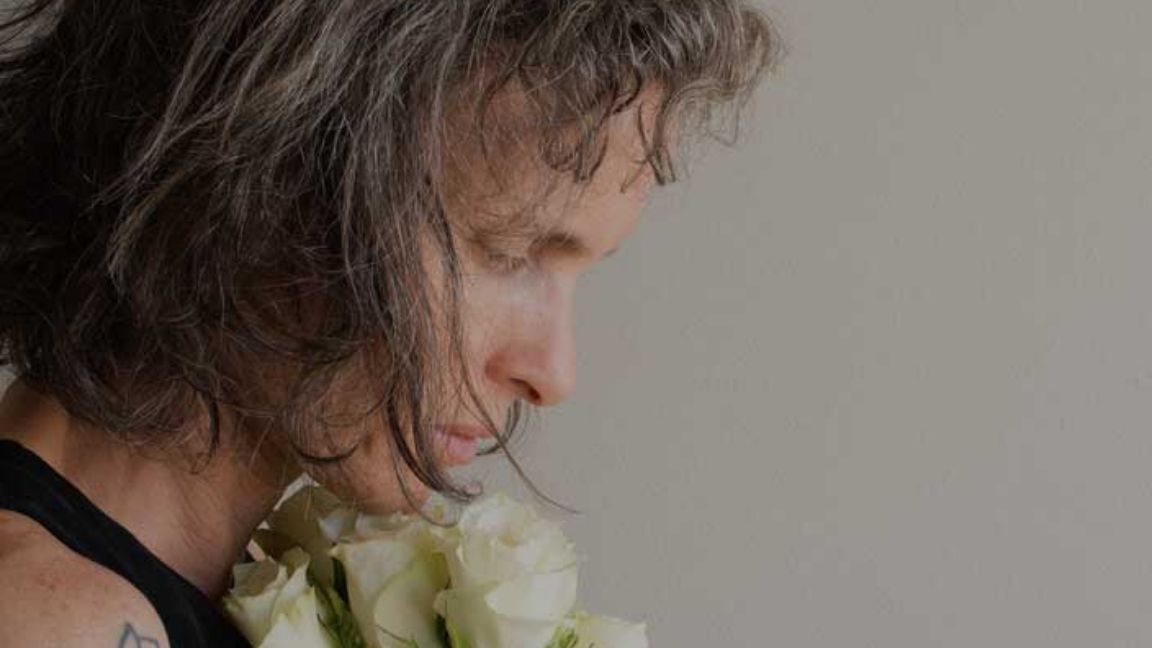Do you ever wonder how you’ll find someone right for you at this point in your life? And if you do find someone, do you ever feel afraid your body won’t respond sexually the way it used to? Ever wonder if the weight you’ve gained during the pandemic is going to turn someone off? (You’ve heard of the COVID 19?) Ever feel like you’ve been cooped up alone so long that you’re not sure how to be close to anyone again?
When we look at all of those images of happy people on social media, it’s hard not to feel bad about ourselves.
Why are they all smiling? And why are they all so skinny? Most importantly, why do we constantly compare ourselves to them?
If you’re asking yourself any of these questions, take heart. You’re not alone. Many of us are having precisely the same doubts. Doubts aside, it’s never too late to find sexual pleasure.
If you identify as a woman, researchers have found that women’s bodies are often stigmatized for their wrinkles and sags and loss of flat abs. Not only are women’s aging bodies stigmatized, but anti-fat bias is rampant. Thinness is revered. For many of us, acceptance of our bodies can be difficult even with a growing awareness of the obstacles we face.
We are told that obesity is a disease and that we have the power to control our weight.
Indulging one’s appetite is considered ‘unfeminine’.
We are inundated with attempts to have us consume messages that fat is ugly and that we must try anything to lose weight. Yet research has indicated that diets rarely work.
If you identify as a man, you’re not immune to this type of body shame, and it’s all about sex. Researchers have noted that men experience shame in response to difficulties in sexual activity. And when a man has difficulty with an erection, there is often so much shame (even though it is extremely common) and an awareness of where to look for [solutions](/sex-toys/male-sex-toys/pulse-solo-essential-vibrating-male-sex-toy-masturbator/).
Negative body images can reduce sexual satisfaction and often:
What we see in our own body has very little to do with what others see when they look at us.
If you are feeling any kind of body shame, it doesn’t have to be that way. Yet, many of us derail ourselves from sexual pleasure before we even get started. We can resist shame, reframe fear, and reimagine our own bodies. We can overthrow the negative stereotypes and find sexual pleasure. Sex is a human right. And sex is worth having – in any type of body.
Resist Shame
For many of us, considering the possibility of sexual pleasure creates a rumble inside that can thwart our road to joy. Remember how simple it was to find pleasure when we were very young? Kids find pleasure in the simplest ways — jumping into a pile of leaves, splashing in the water, making mud pies. Many of us find ourselves longing for those simple pleasures as we get older. And when we do try to include pleasure, particularly sexual pleasure, it can often lead to shame.
It’s as if we don’t have the right or don’t deserve it. Is it shameful to seek out a new sexual partner? And if you’ve been in a caretaking role, perhaps it’s time to ask yourself: When is it OK to take care of yourself? Shame exists best in the darkness. If you’ve felt ashamed to even think about a new relationship (let alone having sex), remember that you have the right to pleasure. Shed some light and start resisting the shame.
Reframe Fear
Cold feet, exhaustion, chest pain, sweaty palms. These are part of the physiology of fear. When we consider what we’re most afraid of, the idea of having sex (after being alone for some time) may evoke some very strong fears. It’s time to reframe fear.
If you’re afraid that you might fail at the possibility of love or sex, you are not alone. Most of us have fears about intimacy, especially as older adults. In my classes, women often tell me they are afraid their bodies don’t look beautiful anymore. Men often tell me they are fearful that they might not be able to perform sexually. Are you afraid you’re not fit for a new fling, infatuation, or relationship?
If you have any of these fears, you’re not alone.
How to reframe fear? If you’re afraid of not being able to tolerate penetration? Or you’re afraid you won’t be able to get an erection, I recommend a whole new way to have sex. Try other positions besides penis-in-vagina intercourse. Try outercourse. Try some new sex toys.
Remember that sex happens when we’re lying down (at least for some of us as we age) and not much is sagging when we’re horizontal.
Reimagine the Sexual Wisdom of Your Body
>Most of us wish for a state of balance when starting a new relationship, but instead, we are flooded with negative self-talk. Especially when we want to reach for passion and sex.
If you’ve been without a partner and you’d like to find joy with another person, maybe for just one night, you might feel some of these nasties. When we reach for pleasure, is it a guilty pleasure? If you’re like most of us, your naked body can bring out the harshest, most sinister, inner critic. You might wonder who’s going to be interested in you when they see your nakedness, hair loss, and weight? What’s wrong with eating chocolate, staying up way too late, or having passionate sex? **Researchers have found that the more you perceive yourself as attractive, the more likely you are to experience an increase in sexual enjoyment.**
Let’s start by remembering that binaries rarely help. Old-young. Fat-skinny. Attractive-unattractive. What good do these do any of us? Why not try a new way of thinking beyond the binary?
I recommend the next time you see the words ‘old’ or ‘fat’, replace them with the word ‘beautiful’ and notice how that feels.
Let’s reimagine our bodies by offering loving-kindness to ourselves. Kindness that speaks to our hearts. It would be unbelievably kind if, each and every morning, we repeat a simple phrase: I am good, I deserve pleasure, I choose joy. If you’re feeling guilty for wanting sexual pleasure into your life, let’s get rid of those inner judges and offer some loving kindness. Your body will respond, trust me. This is the inner sexual wisdom of the body.
You have the right to challenge social norms. To cast off shame and feel good about yourself. To forget fears and enjoy pleasure. To lead a full sexual life. Enjoy the moments of connection through reimagining the sexual wisdom of the body.
Dr. Jane Fleishman, PhD, MEd, MS, Certified Sexuality Educator © 2020
*References:*
Benetti-McQuoid, J., & Bursik, K. (2005). Individual differences in experiences of and responses to guilt and shame: Examining the lenses of gender and gender role. Sex Roles, 53(1-2), 133–142. https://link.springer.com/article/10.1007/s11199-005-4287-4
Chrisler, J. C. (2008). 2007 Presidential address: fear of losing control: power, perfectionism, and the psychology of women. Psychology of Women Quarterly, 32(1), 1-12. https://doi.org/10.1111/j.1471-6402.2007.00402.x
Chrisler, J. C. (2011). Leaks, lumps, and lines: Stigma and women’s bodies. Psychology of Women Quarterly, 35(2), 202-214. https://doi.org/10.1177/0361684310397698
Koch, P. B., Mansfield, P. K., Thurau, D., & Carey, M. (2005). “Feeling frumpy”: The relationships between body image and sexual response changes in midlife women. Journal of Sex Research, 42(3), 215-223. https://doi.org/10.1080/00224490509552276
Langer, N. (2009). Late life love and intimacy. Educational Gerontology, 35(8), 752-764. https://doi.org/10.1080/03601270802708459


